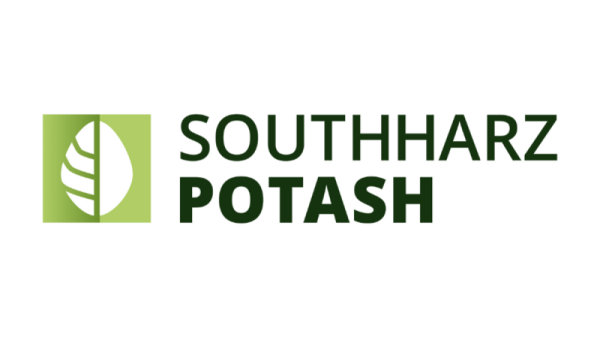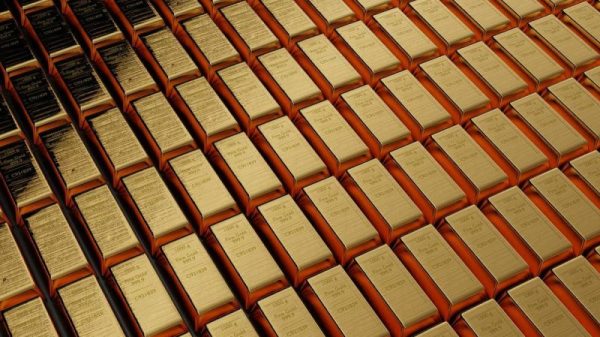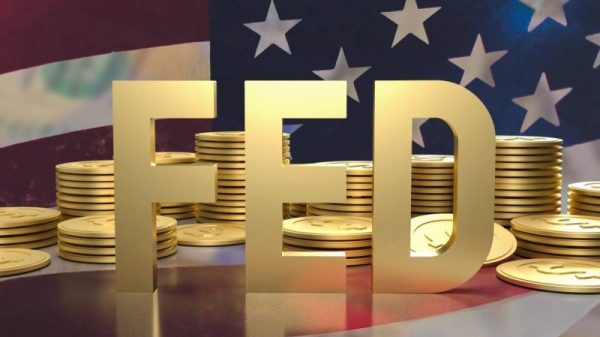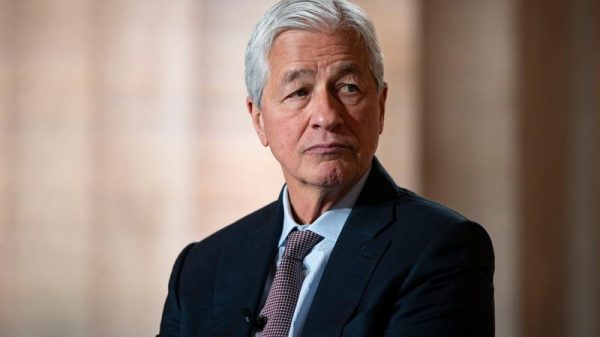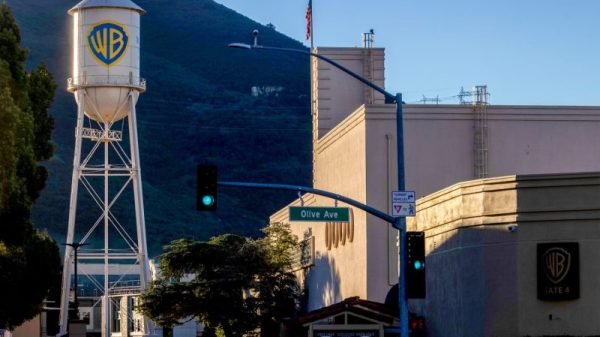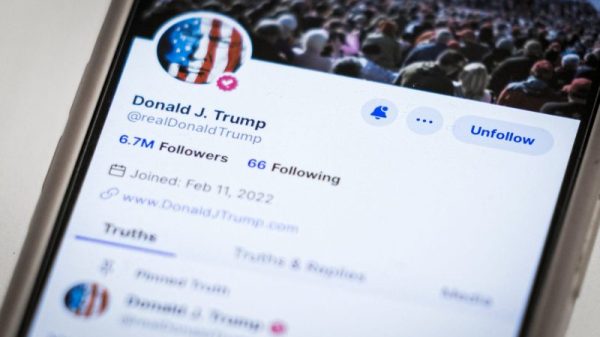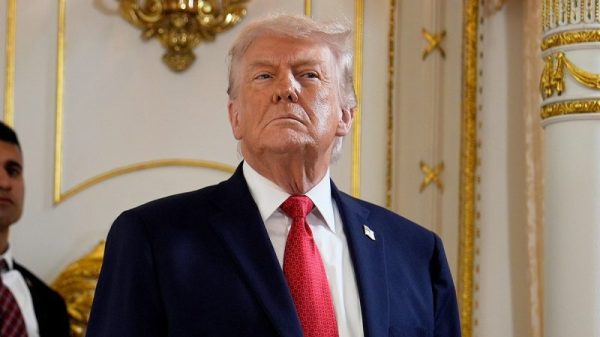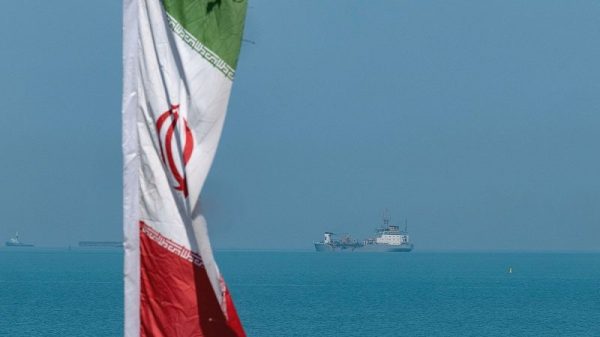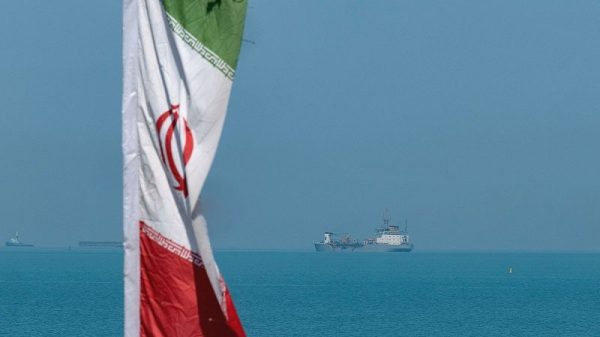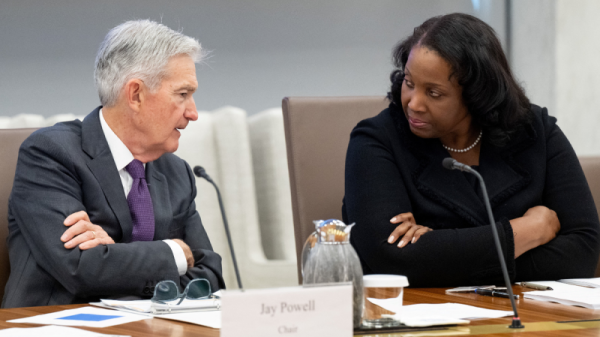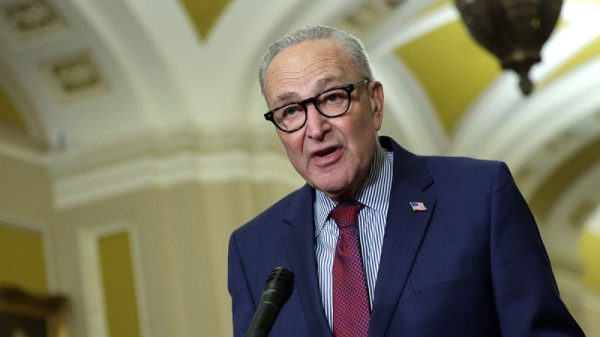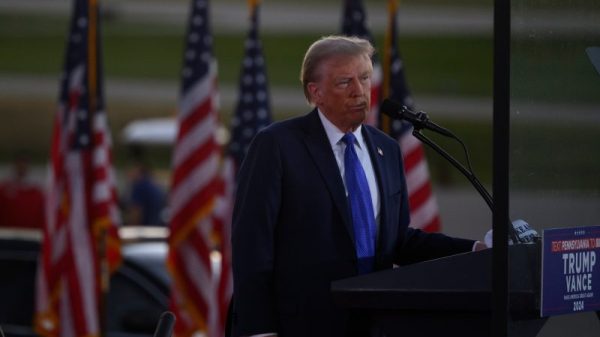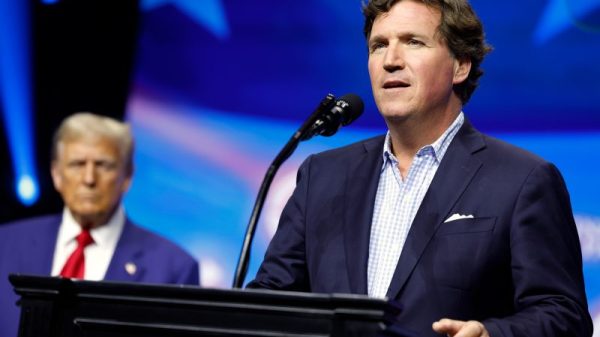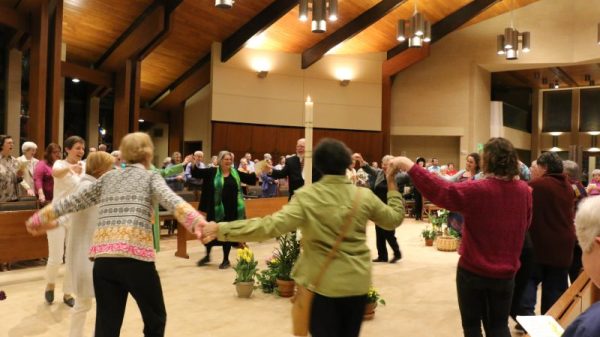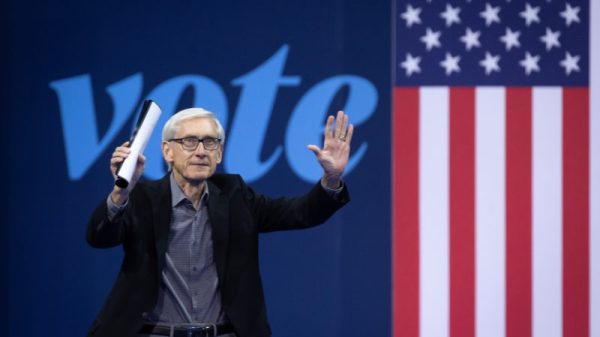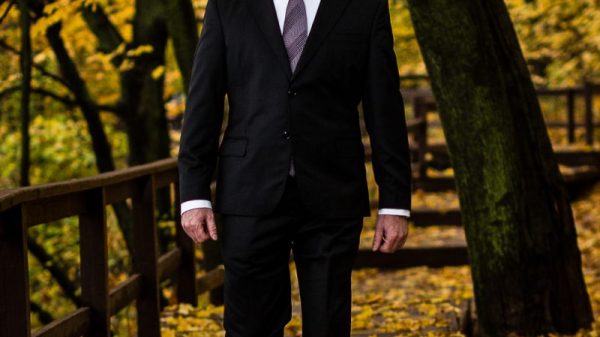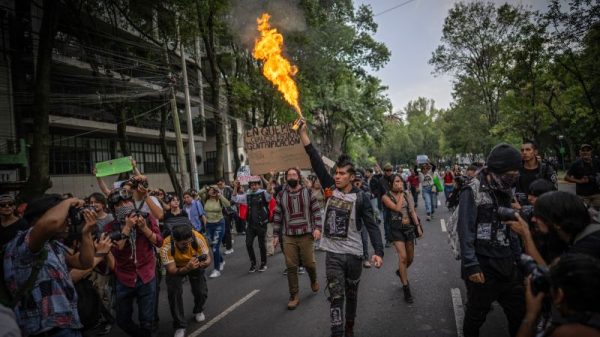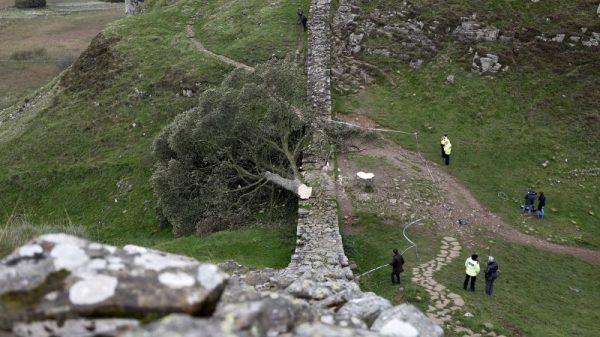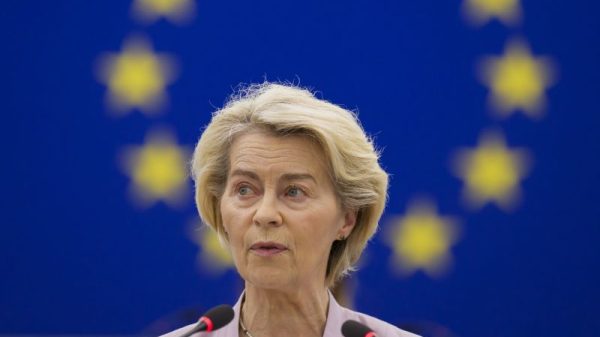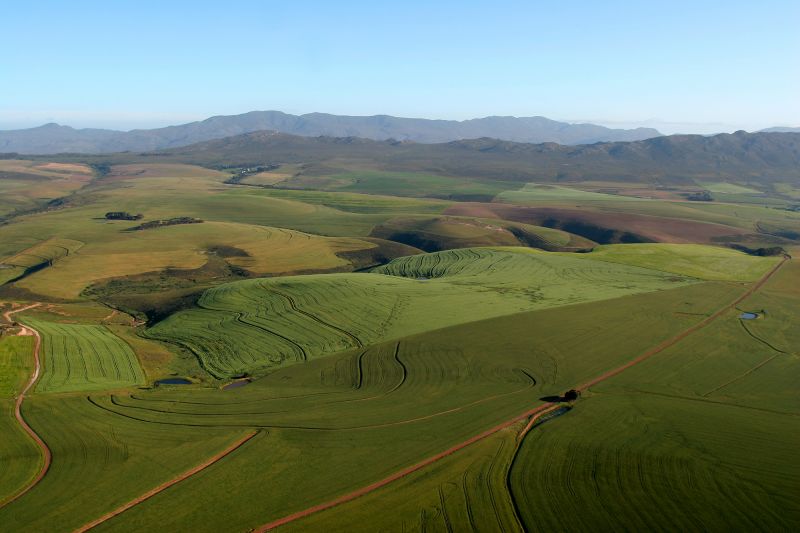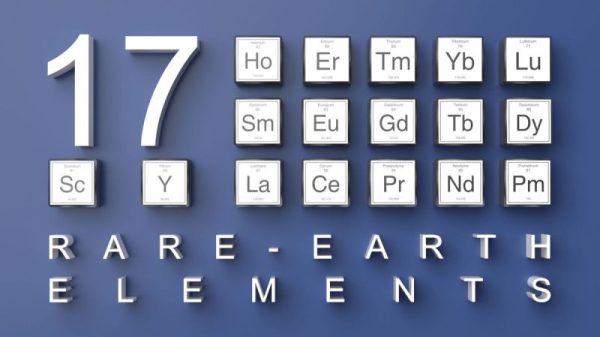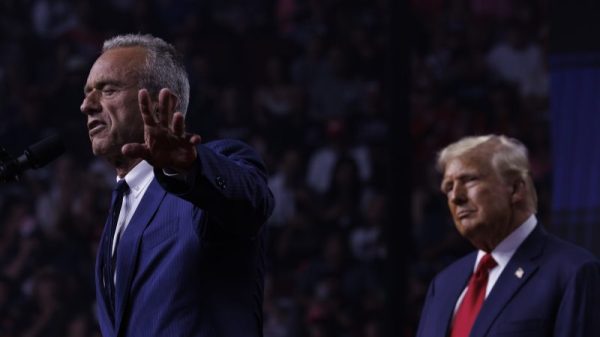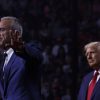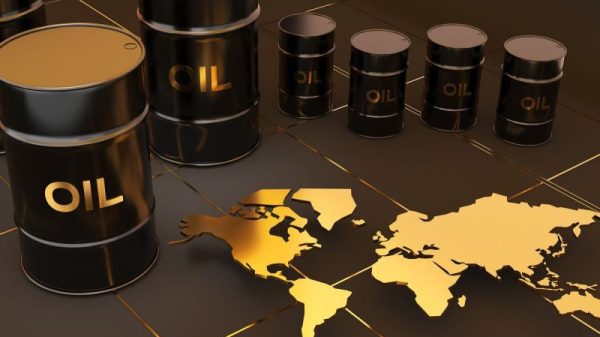The so-called land question has been a decades-long dilemma for South Africa.
Apartheid, dismantled in the 1990s, left a deep-seeded legacy of land inequality after centuries of policies pushed non-White South Africans off the land to the benefit of White people. An act in 1913 limited Black ownership to just 7% of the land, later revised to 13%.
Now, more than 100 years later, Black people make up 81% of South Africa’s population of 63 million, yet only own 4% of private land, according to a government land audit conducted in 2017.
What’s the government’s plan to right the wrongs?
A long-debated expropriation act signed by South African President Cyril Ramaphosa last month seeks to right some of the wrongs of apartheid by allowing the government to take land and redistribute it.
In some circumstances, expropriation is allowed without compensation, but only where it is “just and equitable and in the public interest.” However, no seizures of private property have taken place.
But the controversial law has brought some of South Africa’s long-standing racial tensions and inequalities to the forefront, and now it’s been seized on by United States President Donald Trump and billionaire Elon Musk, who claim it discriminates against White farmers.
Musk, born in South Africa and now tasked with slashing US public spending, has accused Ramaphosa’s coalition government, led by the African National Congress (ANC) party, of having “openly racist ownership laws.”
Musk’s stance has been denounced by some White South Africans.
Bloemfontein resident David Van Wyk accused the billionaire of “cozying up to the extreme right-wing in the country,” which he described as “defenders of White privilege.”
“For Trump to create the impression that White people in South Africa are victims is nonsense. We (White South Africans) have incomes 10 to 20 times higher than the majority of (Black) people in South Africa,” he said, adding that “the majority of South African Black people still own nothing in the country of their ancestors.”
Van Wyk said the Expropriation Act was driven by the need to address land inequalities in the country.
Others, however, argue that the legislation attempts to do so “in a very clumsy manner,” according to Henk Smith, an attorney at a community-based organization, the Land Access Movement of South Africa (LAMOSA).
$440 million in US aid cut off
In an executive order issued Friday, Trump revoked all aid for South Africa, saying the purpose was to hit back at their government’s “actions fueling disproportionate violence against racially disfavored landowners,” namely White Afrikaners.
He also used the order to condemn the country’s stance against Israel and its war in Gaza.
Trump’s order specified that the US “shall not provide aid or assistance to South Africa” through the US Agency for International Development (USAID) or any other executive department or agency.
That means the $440 million that South Africa receives in US assistance – most going to the health sector – was immediately halted.
Trump suspended nearly all US foreign aid on his first day in office, and he has taken steps to dismantle USAID, which means that many South African charities, health programs and HIV clinics have already taken a hit.
“We are concerned about the potential impact of the decision by the United States government to suspend some of its funding for HIV and TB (tuberculosis) programs in African countries for 90 days. Now this funding that we get accounts for about 17% of our country’s HIV spend,” Ramaphosa told lawmakers Thursday, before the executive order, when further cuts to aid were only a threat.
“We will not be deterred. We are, as South Africans, a resilient people, and we will not be bullied,” Ramaphosa said.
Days later, he scrambled to send a delegation to Washington to negotiate with the Trump administration before the war of words went any further.
It’s what’s not explicitly stated in the executive order that is worrying many South Africans.
Fears are mounting that the Trump administration could remove the country’s eligibility from the African Growth and Opportunities Act (AGOA), a trade act that enhances market access to the US for qualifying Sub-Saharan African nations.
Removal from the trade act, which is up for renewal this year, would be a serious blow to South Africa’s agricultural industry, especially citrus farmers, and the automotive industry.
‘Disinformation’ about land seizures
A spokesperson for South Africa’s Department of International Affairs has said that the misrepresentation of the land act “fuels unwarranted fears” about the targeting of White citizens.
AgriSA, a trade organization for South African farmers, has also denounced claims of land seizures as “disinformation.”
“The unexpected signing of the Expropriation Act on 23 January 2025 has sparked political turmoil and unnecessary tension within the agri-food system. This has been exacerbated by disinformation regarding the Act’s intent, impacting negatively on the investment climate for South African agriculture,” AgriSA chief executive Johann Kotzé said.
“To be clear no seizures or confiscations of private property have taken place. Nor has any land been expropriated without compensation. Isolated cases of land grabs and trespassing have been dealt with,” Kotzé added.
Meanwhile, the Solidarity Movement, a network of Afrikaner community institutions that says it represents about 600,000 members, has said it condemns “the many race laws that make us second class citizens,” including the Expropriation Act and is critical of the ANC’s foreign policy. But it doesn’t believe land grabs are taking place.
“We want to put on record the following: We did not accuse the government of large-scale race-based land grabs, or distribute false information in this regard,” the movement said in a statement. “We did not and will not ask for sanctions against South Africa, or that funds for vulnerable people be cut off by the US government.”
Nonetheless, Kallie Kriel, the leader of right-wing lobbying group AfriForum, which is part of the Solidarity Movement, said that Trump was correct to claim certain sectors of South African society are being treated “very badly.” “I think that is true even though people might deny it,” Kriel told Reuters.
For years, AfriForum has claimed, against evidence, that there is possible ethnic cleansing and a “large-scale killing” of White farmers. Their interview with Fox News attracted a tweet from Trump in 2018, when he first weighed in on the issue.



